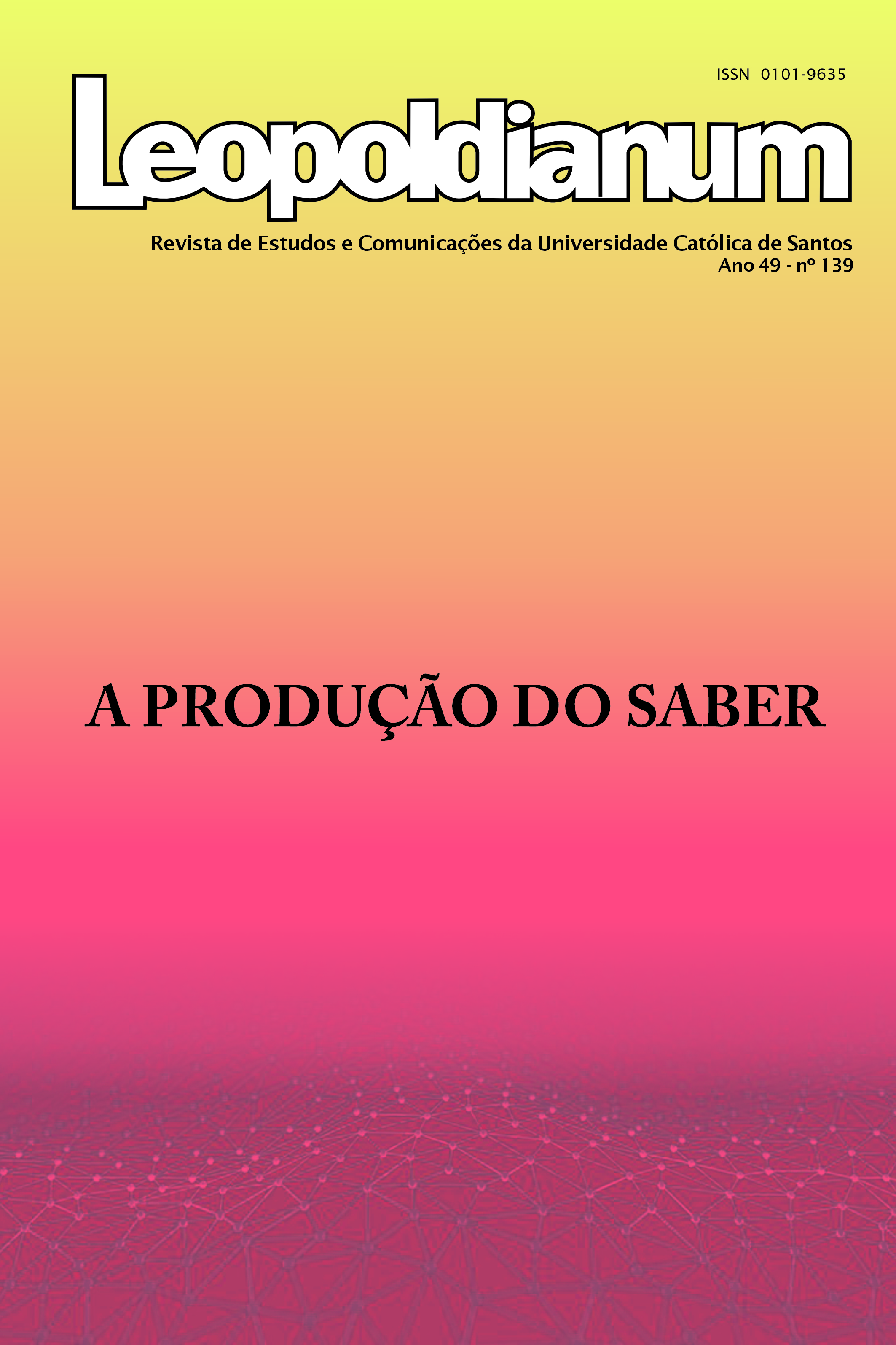LEGISLATIVE PREMISES OF THE NEW SANITATION FRAMEWORK AND THE ECONOMIC LEVEL OF WATER LOSSES AS AN INSTRUMENT FOR THE IMPLEMENTATION OF THE PNRH:
A STUDY OF THE REFERENCE CASE OF THE LOCALITY OF CORNÉLIO PROCÓPIO-PR
DOI:
https://doi.org/10.58422/releo2023.e1466Abstract
The loss of water by sanitation service providers has environmental and economic impacts on the management/protection of water resources. The research aims to analyze the economic level of losses in the town of Cornélio Procópio, operated by Sanitation Company of Paraná (SANEPAR), with a view to implementing this water management and protection tool. The work is divided into 3 stages, the first presents the new legal guidelines regarding water loss. In the second, the water balance is presented as a tool for decomposing losses and the economic model as an instrument to indicate the balance point between investments and results for the sector. In the last stage, the object of analysis was defined, presenting the economic level of losses in the location, analyzing the results and prospects for investments in the supply system. It is concluded that even with the rational and efficient use of water, losses are inevitable, and it is not possible to set universal rates for all supply systems. The determination of economic levels of losses provides efficiency in the management of water resources, being an essential tool for implementing the PNRH. Two research methods were used to develop the work: a) the hypothetical deductive method to formulate hypotheses, with a technical procedure and bibliographical and documentary research, going through the technical literature on the subject and other legal guidelines on water; b) the inductive method, having as a technical procedure the case study of the locality of Cornélio Procópio, municipality of the State of Paraná.
Downloads
Published
Issue
Section
License
A Revista Eletrônica Leopoldianum - Revista de Estudos e Comunicações da Universidade Católica de Santos (ISSN: 2965-9566) é detentora dos direitos autorais de todos os artigos publicados por ela. A reprodução total dos textos em outras publicações, ou para qualquer outro fim, por quaisquer meios, requer autorização por escrito do editor. Reproduções parciais de artigos (resumo, abstract, mais de 500 palavras de texto, tabelas, figuras e outras ilustrações) deverão ter permissão por escrito do editor e dos autores.












